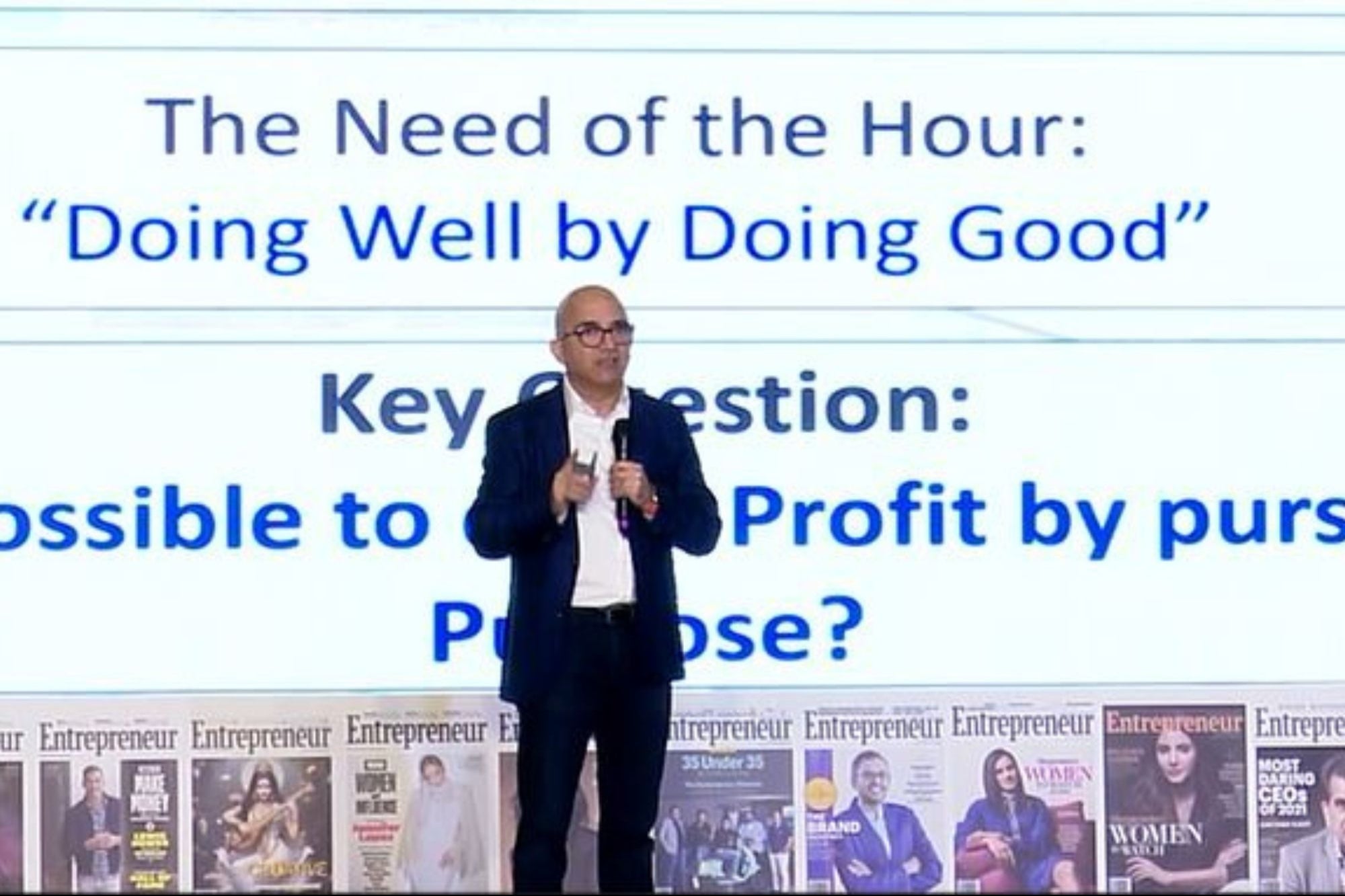APAC On Its Way to Become a Global Leader in IoT Spending The region is expected to hit $381.8 billion by 2022
By Pooja Singh •
Opinions expressed by Entrepreneur contributors are their own.
You're reading Entrepreneur Asia Pacific, an international franchise of Entrepreneur Media.

Governments and enterprises in the Asia-Pacific region, barring Japan, are investing heavily in Internet of Things (IoT) to enhance productivity and efficiency, and build smart city infrastructures. This year, the region is expected to become the global leader for IoT spending, with almost 37 per cent of the worldwide spend, followed by the US and Western Europe, with over 26 per cent of the worldwide share.
According to the International Data Corporation's (IDC's) latest Worldwide Semiannual Internet of Things Spending Guide, which forecasts IoT spending for 14 technologies across 20 vertical industries in nine regions and 53 countries through 100 use cases, China was the top spender in the Asia Pacific (APAC) region last year, with a bill of $159.1 billion, followed by South Korea and India with a spending of $22.6 billion and $19.6 billion, respectively. By 2022, the expected spending of APAC is expected to hit $381.8 billion.
The Spending Strategy
"The per capita IoT spending among the APEJ countries is quite varied, it is primarily related to the demographics, broadband penetration, coverage and capacity of the nation's infrastructure, including telecommunications, modernity of commercial buildings, firm demographics, highways, and electricity/gas/water distribution," says Ashutosh Bisht, IDC's senior research manager.
Bisht adds, "South Korea is the top APEJ country in terms of per capita IoT spending followed by Australia and New Zealand. The key drivers of IoT penetration will include proliferation of cloud-based back-end services for data acquisition and analytics, and 5G fixed wireless deployments that are expected in Australia, New Zealand, and the Philippines before 2020."
The Fair Share
IoT services is, the report says, the largest technology category in 2018 with $83.5 billion going toward traditional IT and installation services as well as non-traditional device and operational services. Hardware spending is close behind at $78.4 billion led by more than $65.7 billion in module/sensor purchases. "IoT software spending total $43.3 billion in 2018 and will see the fastest growth over the five-year forecast period (2017-22) with a CAGR of 15.8 per cent. Services spending will also grow faster than overall IoT spending with a CAGR of 13.3 per cent," it adds.
The top three industries spending most on IoT solutions in 2018 are discrete manufacturing ($43.9 billion), process manufacturing ($33.2 billion), and utilities ($20.1 billion). IoT spending among manufacturers will be largely focused on solutions that support manufacturing operations and production asset management, the report says. When it comes to utilities, more than half of IoT spending will go toward smart grid (that is, electricity), followed by smart grid (gas). The industries that will see the fastest compound annual growth rates (CAGR) over the five-year forecast period are telecommunications (16.6 per cent), construction (15.9 per cent), and healthcare (15.6 per cent).
Hugh Ujhazy, associate vice president for IoT and telecommunications at IDC Asia/Pacific, says, "We are still in the early stages of IoT adoption and ecosystem development, with industrial IoT, telematics, retail, smart grids, smart buildings, and smart homes leading the way in terms of use cases but with the impending advent of 5G and low-Earth-orbit satellites, are moving closer to the reality of pervasive broadband IoT connectivity."












